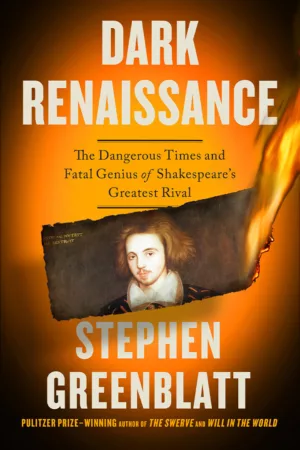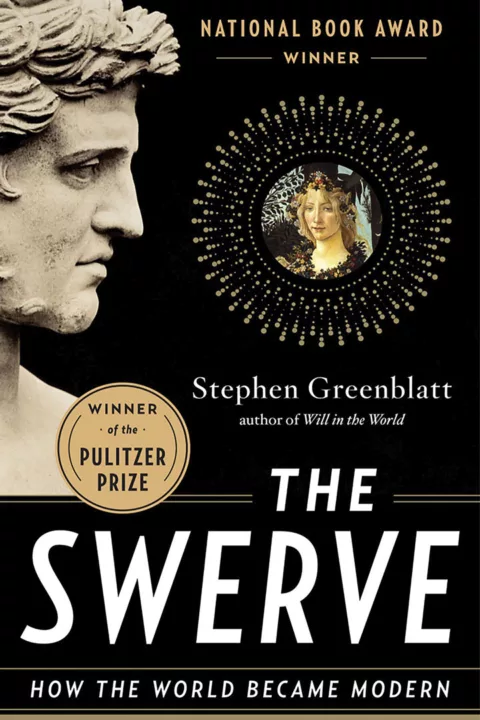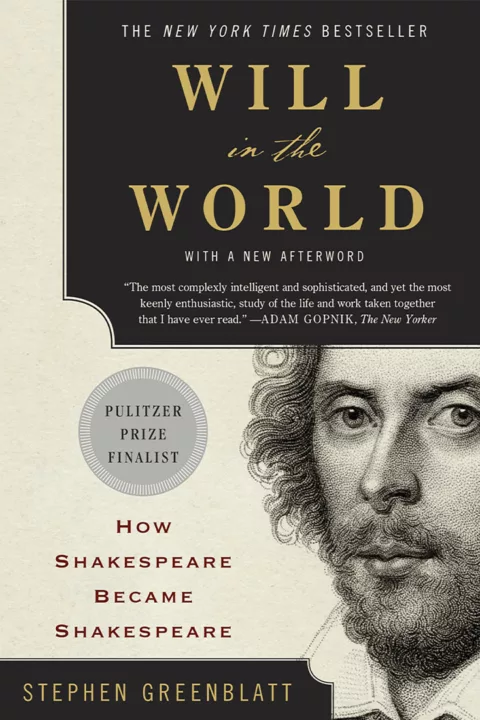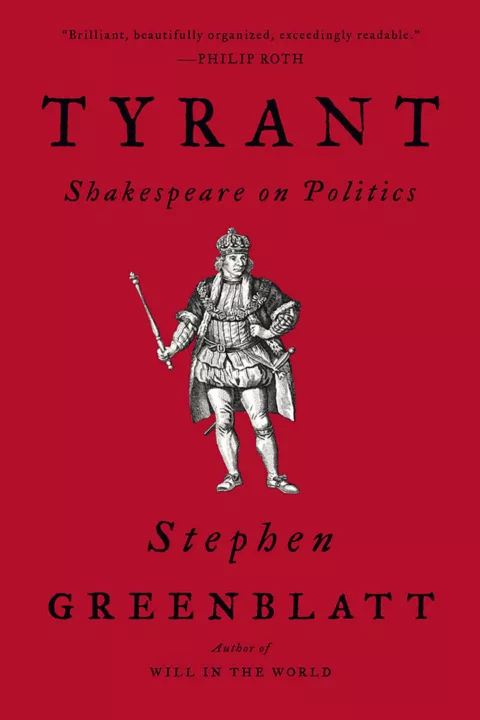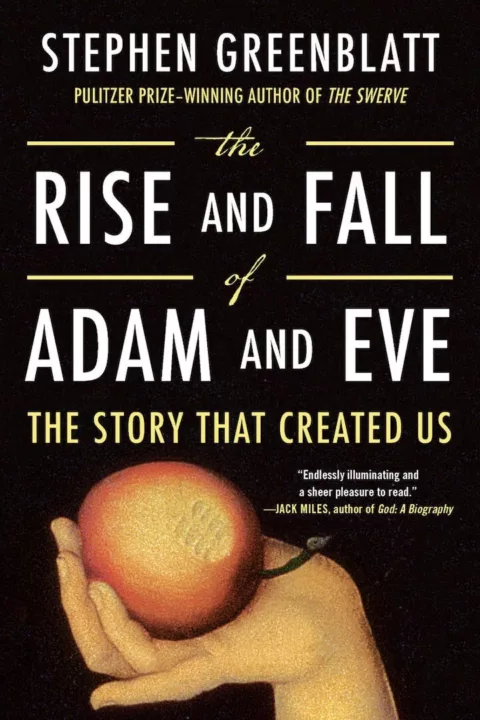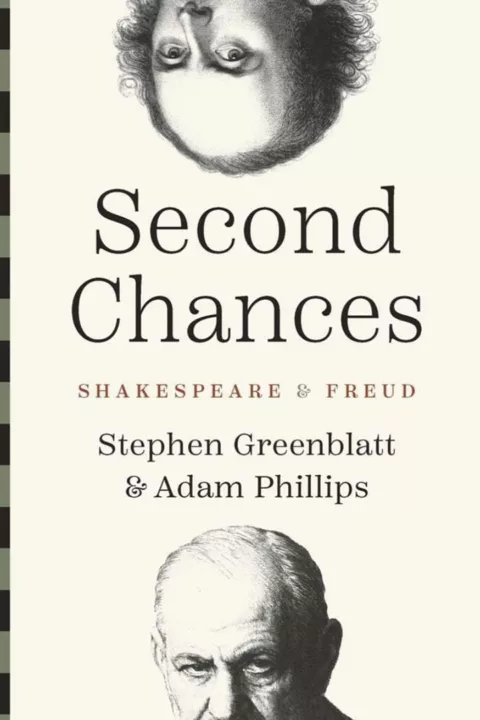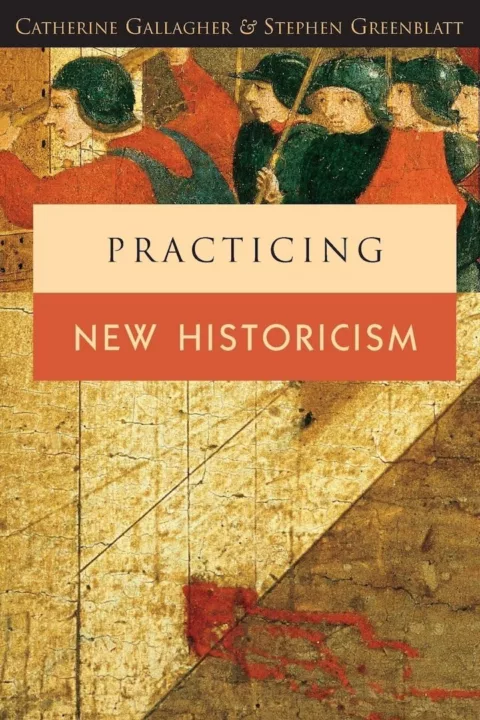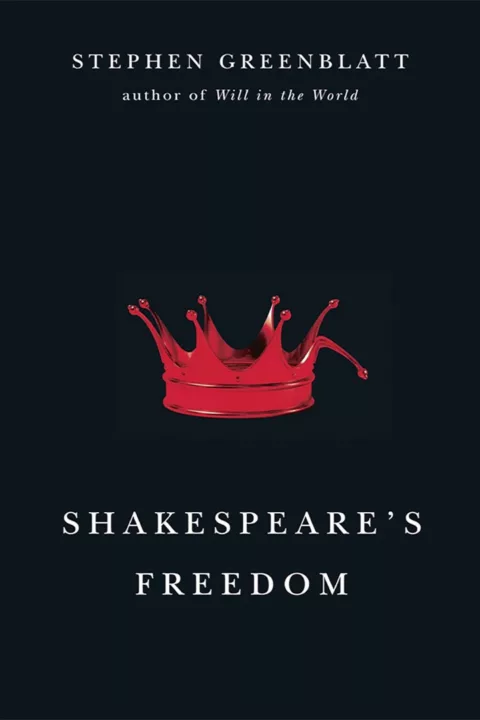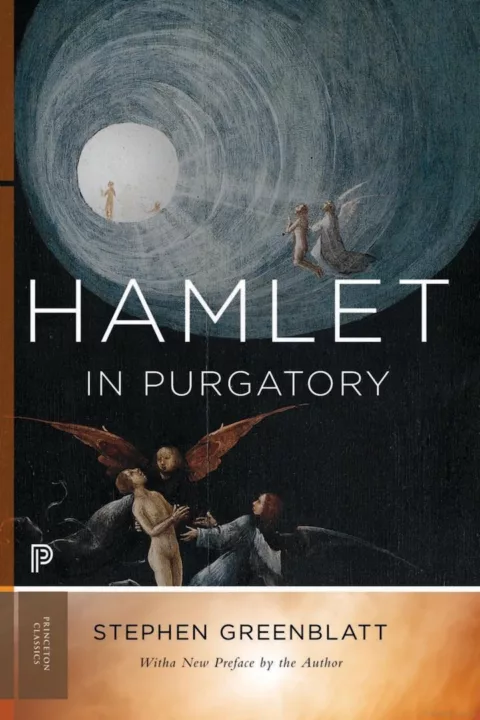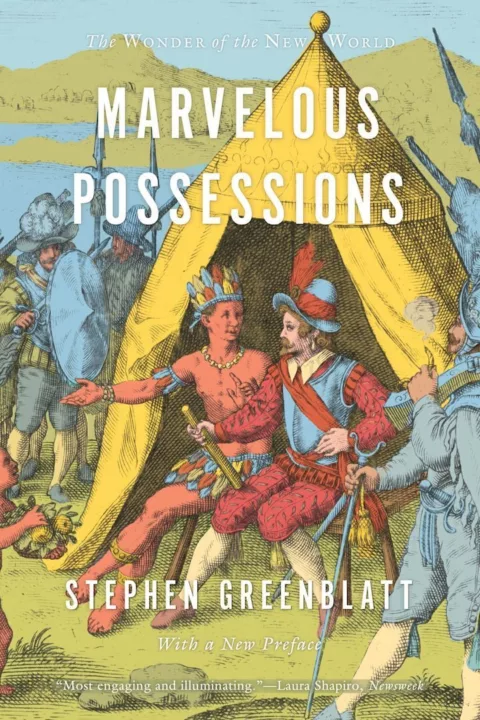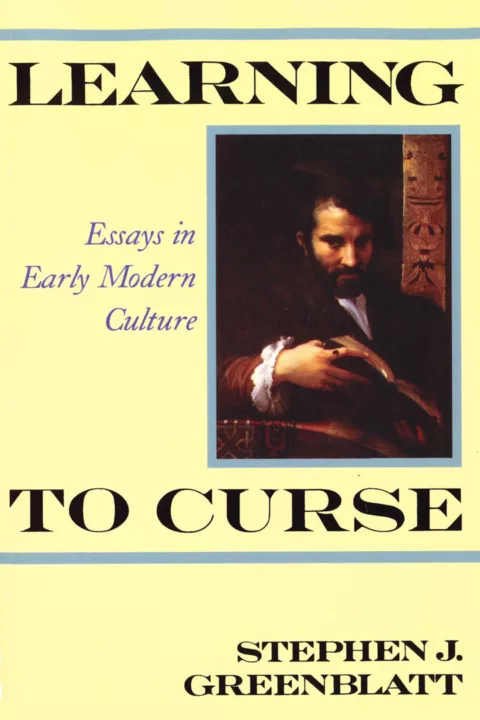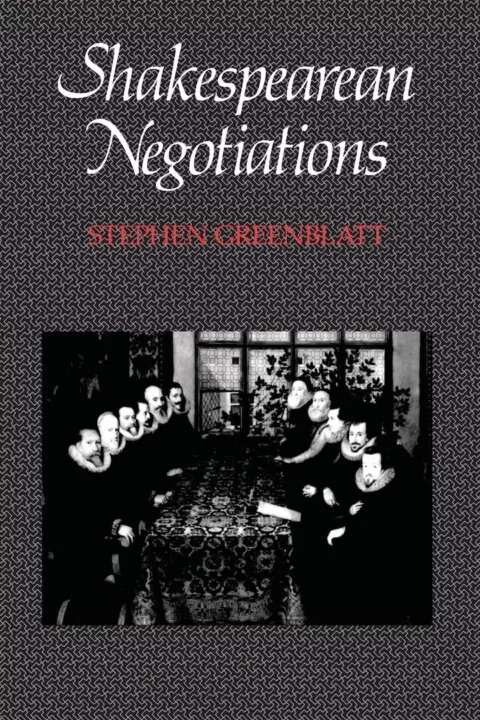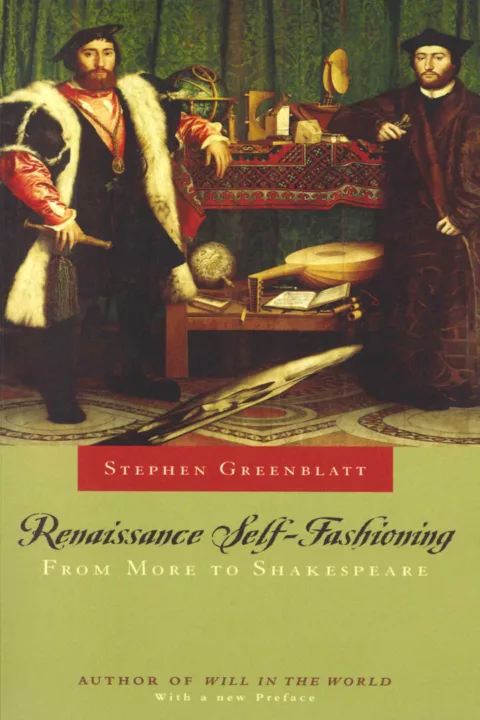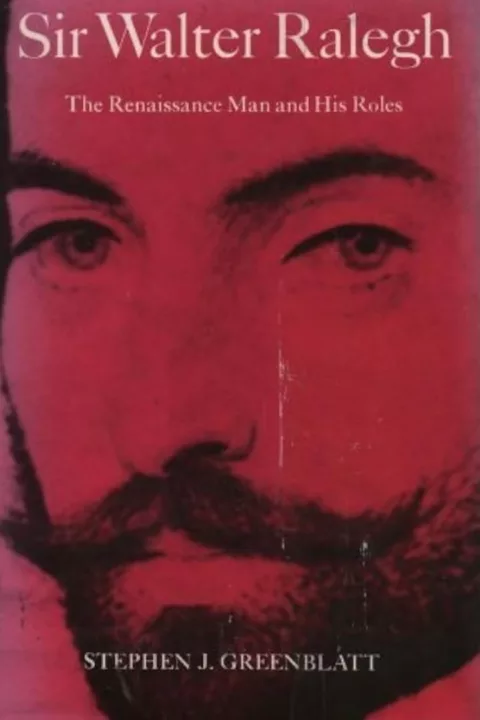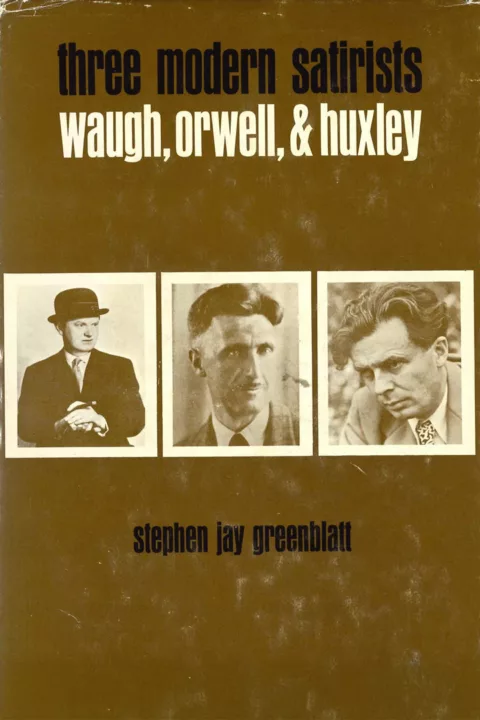The Swerve Reading Guide
Discussion Questions
- In The Swerve, Stephen Greenblatt is essentially making the argument that a poem changed the world. Do you agree that the written word can carry this kind of power? And do you think a literary rediscovery could potentially initiate a new “swerve” today?
- Lucretius’s On the Nature of Things appealed to readers in part because it spoke from a lost world. People are still fascinated with the classical past. Why do humans have this nostalgia for the past, and how can this type of preoccupation help us move forward?
- How were the intolerable ideas in Lucretius tolerated, or at least allowed to pass, after the text was copied and circulated?
- Discuss Greenblatt’s ability to bring Poggio Bracciolini and his contemporaries to life for us, despite the very great distance in time — six hundred years — between their world and ours. How does Greenblatt handle the unfamiliarity of their world and its assumptions?
- Greenblatt suggests that book hunting kept Bracciolini from succumbing entirely to the corrosive cynicism of his world. Why should an obsession with uncovering ancient books from a pagan past have meant so much to him?
- What do you make of the fact that Bracciolini didn’t really grasp the importance of his discovery? Was his discovery of Lucretius’s poem just a fortunate accident?
- What parallels do you notice between the world that suppressed Lucretius’s poem and the world in which we live today? What differences?
- How does Greenblatt’s discussion of the loss of books to bookworms and the destruction of libraries (both willful and accidental) speak to current debates over printed versus digital books?
- Did it surprise you that monasteries became havens for — and even producers of — forgotten books at a time when people were censoring books and burning libraries for religious reasons? Discuss the complicated relationship between the church and literary/scientific endeavors over the years.
- On the Nature of Things could be thought of as a poem that “went viral.” How has the dissemination of ideas changed since the Renaissance? Can you think of another book or piece of literature that gained popularity and swayed popular thought in a similar way? Do you think literature is more likely to have a world changing impact, or can music, film, or art generate the same effect?
- Lucretius claimed that the ideas in his work should liberate humans from fear of death, but his contemporary Cicero said that these ideas only made matters worse, since total extinction — a return to atoms colliding in an infinite universe — was more frightening than any punishment in the afterlife. Where do you stand on this debate?
- It seems the term “Epicureanism” still conveys rash, indulgent pleasure seeking. Did Greenblatt’s exploration of the true nature of Epicurus and his followers change how you think about our collective pursuit of pleasure?
- What is the significance of the fact that Lucretius conveyed his scientific ideas in the form of a poem? What are the consequences in our own age of the extreme separation of poetry and science?
- How do the atomic “swerves” described in Lucretius’s poem mirror the larger “swerve” initiated by the poem itself? What might Lucretius have thought of Greenblatt’s “co-opting” his term to describe human events much larger than invisible atoms?
